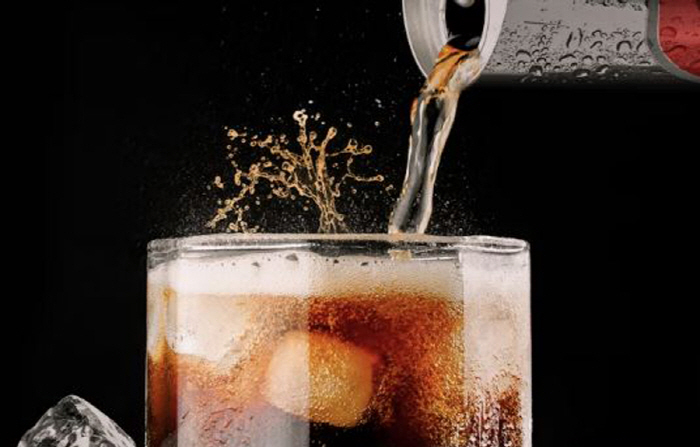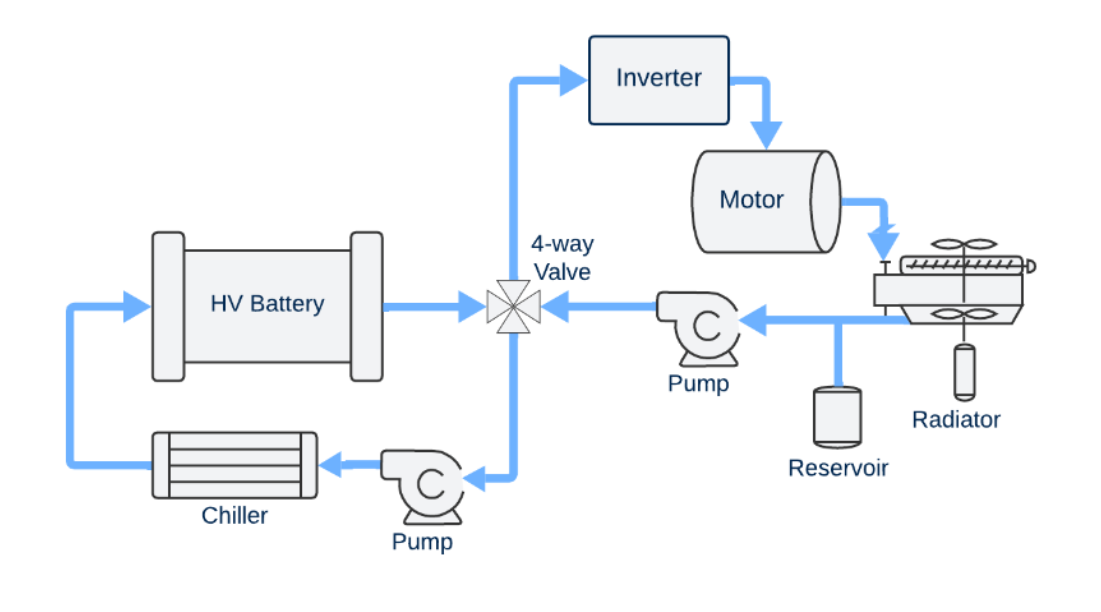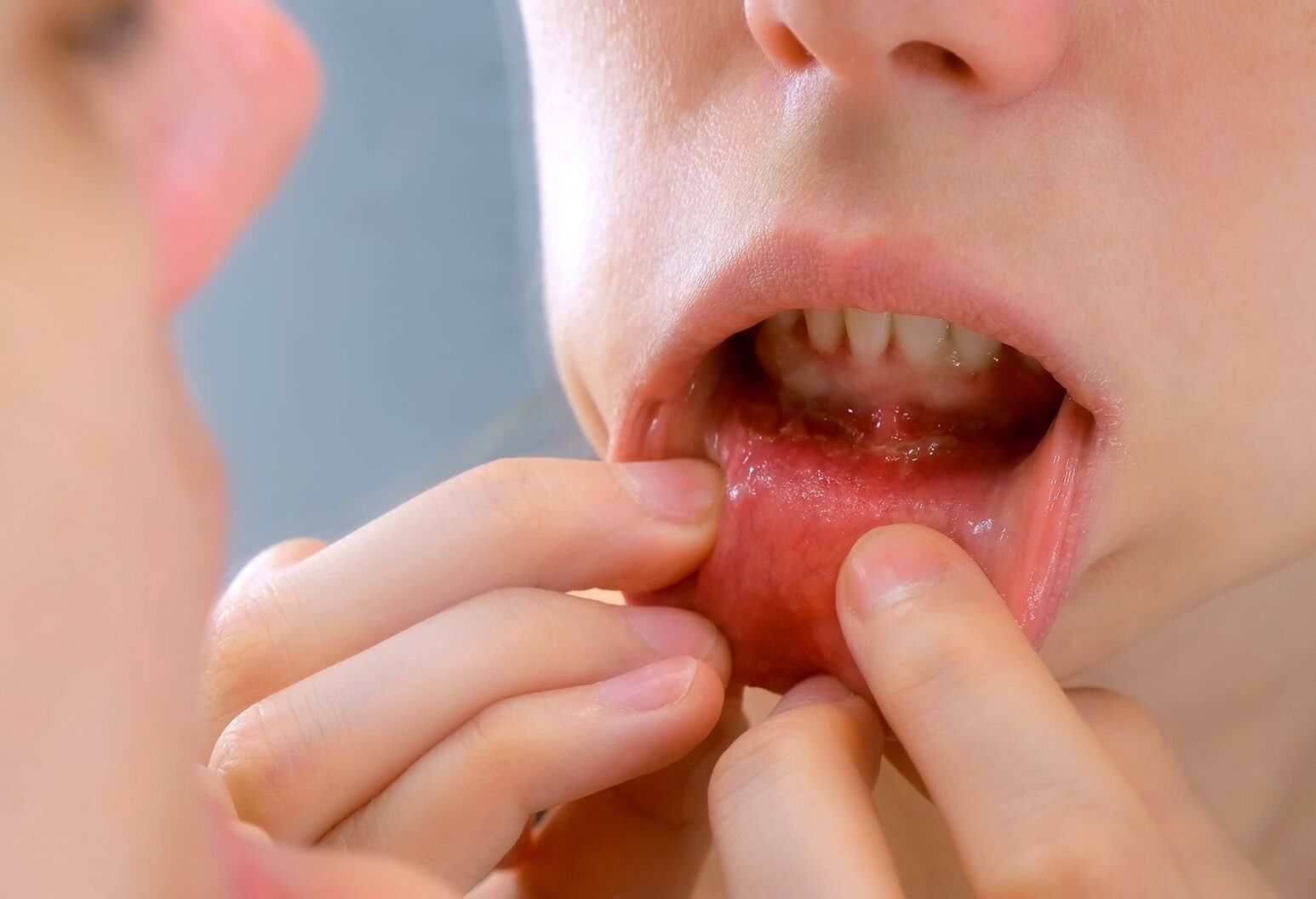A new study from the German Center for Diabetes Research (DZD) has found strong evidence that the consumption of sugary soft drinks may not only harm metabolic health but also influence mental health, particularly in women, through changes in the gut microbiome. While it is already well established that frequent soft drink intake raises the risk of obesity, type 2 diabetes, cardiovascular disease and even cancer, this study provides fresh insight into a possible connection with major depressive disorder (MDD). Researchers analyzed cross-sectional data from 932 participants of the Marburg-Münster Affective Cohort (MACS), including 405 patients diagnosed with depression and 527 healthy controls. Their findings showed that women with high soft drink consumption had a 17% greater likelihood of depression, along with more severe symptoms, whereas no such link was observed in men. The mechanism appears to involve the intestinal microbiome: women who drank sugary beverages more often exhibited increased levels of the bacterium Eggerthella, which previous studies had already associated with depression. This points to a biological pathway linking dietary habits with mood disorders. Sugary drinks typically contain not just glucose and fructose but also additives such as artificial sweeteners and preservatives, which together can disrupt the gut’s microbial balance, promoting inflammatory bacteria and reducing protective short-chain fatty acids. These changes may trigger inflammatory processes in the nervous system, thereby contributing to depressive symptoms. The sex-specific effect remains unclear but may involve hormonal or immune-related differences. According to the researchers, these results highlight the microbiome as a promising therapeutic target, suggesting that diet-based strategies such as nutritional interventions or probiotics could help alleviate depression. They stress the importance of incorporating nutrition into mental health prevention programs and note that even small reductions in soft drink consumption could have significant benefits given how widely these beverages are consumed.








